Die-cast aluminum radiators have become popular in various industries and applications due to their specific advantages. However, like any product, they also come with some disadvantages. Here are the market advantages and disadvantages of die-cast aluminum radiators:
Advantages
- Excellent heat conductivity: Aluminum is known for its superior thermal conductivity compared to other materials commonly used in radiators. This allows for efficient heat transfer and quick dissipation, ensuring effective cooling of the system.
- Lightweight: Die-cast aluminum radiators are lightweight compared to traditional radiators made of materials like cast iron. This makes them easier to handle during installation and reduces the overall weight of the system, making them particularly suitable for automotive applications.
- Corrosion resistance: Aluminum is naturally resistant to corrosion, which is a significant advantage in environments with high humidity or exposure to moisture. This property prolongs the lifespan of the radiator and ensures consistent performance over time.
- Design flexibility: The die-casting process allows for complex shapes and intricate designs, enabling manufacturers to create radiator designs that maximize surface area and optimize heat dissipation.
- Cost-effective manufacturing: Die-cast aluminum radiators can be mass-produced using efficient manufacturing processes, which helps keep production costs relatively low, benefiting both manufacturers and consumers.
- Recyclability: Aluminum is highly recyclable, which aligns with environmental concerns and sustainable practices, making it an eco-friendly choice for radiator materials.
Disadvantages
- Higher upfront cost: Die-cast aluminum radiators may have a higher initial cost compared to traditional radiators made of less expensive materials like steel or plastic. This can be a deterrent for budget-conscious consumers.
- Lower strength compared to cast iron: While aluminum is strong, it is not as robust as cast iron. In applications where extreme mechanical stresses are expected, such as heavy-duty industrial equipment, cast iron radiators might be preferred.
- Prone to damage: Aluminum can be more susceptible to physical damage, such as dents or cracks, especially if the radiator is subjected to rough handling or impacts during installation or use.
- Limited color options: Aluminum radiators typically have a natural finish and may not offer a wide range of color options, which could be a consideration for customers looking for specific aesthetics.
- Compatibility with certain coolants: Some coolants may have adverse reactions with aluminum, leading to corrosion or other issues. Manufacturers and users need to ensure compatibility between the coolant used and the aluminum material to avoid potential problems.
In the 1980s, china developed aluminum radiators; in the 1990s,China paid great attention to the product development of aluminum radiators. During this period, China’s aluminum radiators were very active in research and development and the application of patent projects. Extruded aluminum profile welded products.
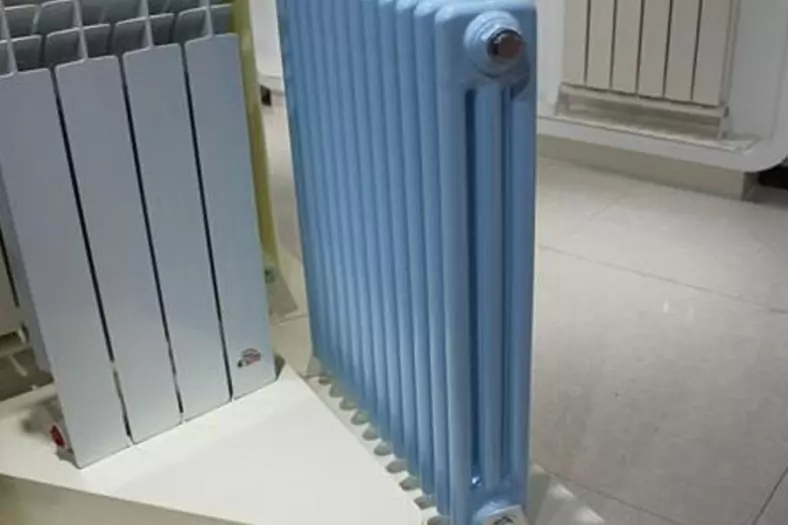
With the import of foreign monolithic combination die-cast aluminum products,China has also begun to produce die-cast aluminum and non-die-cast aluminum radiator products.
In November 2000, Tianjin Fule brand aluminum alloy radiators suffered continuous cracking and running water accidents in Beijing due to the wrong material selection.
The residents suffered huge losses. The front pages of various newspapers were serialized and became hot news in Beijing for a while. Since then, the company has closed down. Imported die-cast aluminum radiator products such as cards, which are used in our country, have also experienced continuous water leakage.
For a long time, industry organizations have been paying attention to the promotion and application of light-duty radiators, organizing industry-related experts to study key issues on anti-corrosion mechanisms, and establishing China die casting aluminum radiator anti-corrosion test and research base in Lanzhou to support the research and development of internal surface coatings. Promote various coating protection technologies, promote the application of passive anti-corrosion technologies, and promote composite metal radiator products. At the same time, actively promote the scientific management of heating water quality.
The “Eleventh Five-Year Development Plan for China’s Heating Radiator Industry” released in 2006 specifically put forward the requirements of “clear positioning, reasonable selection, and safe use” for the development of aluminum radiators. To this end, the industry association actively organizes the compilation of industry standards for die-casting aluminum alloy radiators to standardize product quality and develop the domestic market in a scientific and reasonable manner.
Die-cast aluminum radiators have very distinctive features. First, they have a single-piece split assembly structure and module assembly. The whole is light, easy to select, adaptable, and cost-effective; secondly, the overall appearance is strong, the surface is fine and smooth, and the flatness is good. And it has a unique structural beauty that is different from the original cast iron fin type radiator; the third is that it has good heat transfer performance, which is better than traditional cast iron radiators. At present, some die-cast aluminum radiator companies with large production capacity have taken the international market as their goal, and have exercised their competitiveness and product manufacturing technology. Products are steadily updated and market demand is increasing. At present, the product type of aluminum radiator is a column-wing radiator made by welding extruded aluminum profiles, which has evolved to die-cast aluminum alloy radiators, and has grown rapidly. This is an inevitable result of the development of high-quality products.
However, die-cast aluminum radiators are also facing development bottlenecks.
- One is that in the engineering application of die-cast aluminum radiator products, there are more water leaks. Foreign die-cast aluminum radiator products are relatively expensive, but their durability is not good. How to apply correctly in China, this problem needs to be solved;
- The second is that die-cast aluminum radiators have harsh requirements for heating water quality, but they are different from steel. Adopting the method of internal surface coating protection, the reliability is not high;
- The third is that product innovation is not enough, and it is in the stage of imitating follow-up development. China’s die-cast aluminum radiator industry needs products with independent intellectual property rights.
Take the extruded aluminum profile welding radiator as an example. The promotion and application of aluminum radiator must meet three necessary conditions: firstly, it must be used in neutral water quality; secondly, it must be standardized material, and no other brand aluminum shall be used; and then the production process, welding. The “Technical Regulations for Water Quality and Anticorrosion of Heating Systems” should be carefully studied. In the relevant standards of our country, there are clear regulations on the engineering application of aluminum radiators, and the application of this product should be very cautious. The domestic market is vast, and die-cast aluminum radiators can do a lot, but they can’t do whatever they want.
Summarizing the lessons learned from the promotion of die-cast aluminum products in china engineering promotion, the author believes that the main reason is that “the foreigners cannot be transformed”. Lessons should be remembered and past mistakes should not be repeated; a product can make an enterprise grow, destroy an enterprise, or even hurt another industry. Enterprises must pay attention to brand building, improve the level of production technology, product innovation capabilities and marketing services, and strive to achieve the “Eleventh Five-Year Development Plan for China’s Heating Radiator Industry” for the “clear positioning, reasonable selection, and safe use of this product” “The development goal is to create a high-quality and durable die-cast aluminum radiator suitable for china’s national conditions.
The author suggests that the development path of die-cast aluminum radiators should be based on independent heating and overall contracting, and that engineering applications should be carefully considered under the conditions of protection and reliability and secondary heating. It is hoped that some die-cast aluminum production enterprises can quickly grow into famous-brand enterprises in china’s die-cast aluminum radiator.
In summary, die cast aluminum radiators offer several advantages such as excellent heat conductivity, lightweight, corrosion resistance, and design flexibility. However, they also come with some drawbacks, including higher upfront costs, lower strength compared to cast iron, and potential compatibility issues with certain coolants. The suitability of die-cast aluminum radiators depends on the specific needs of the application and the trade-offs that a customer is willing to make.
The Detail Of BE-CU Die Casting Company
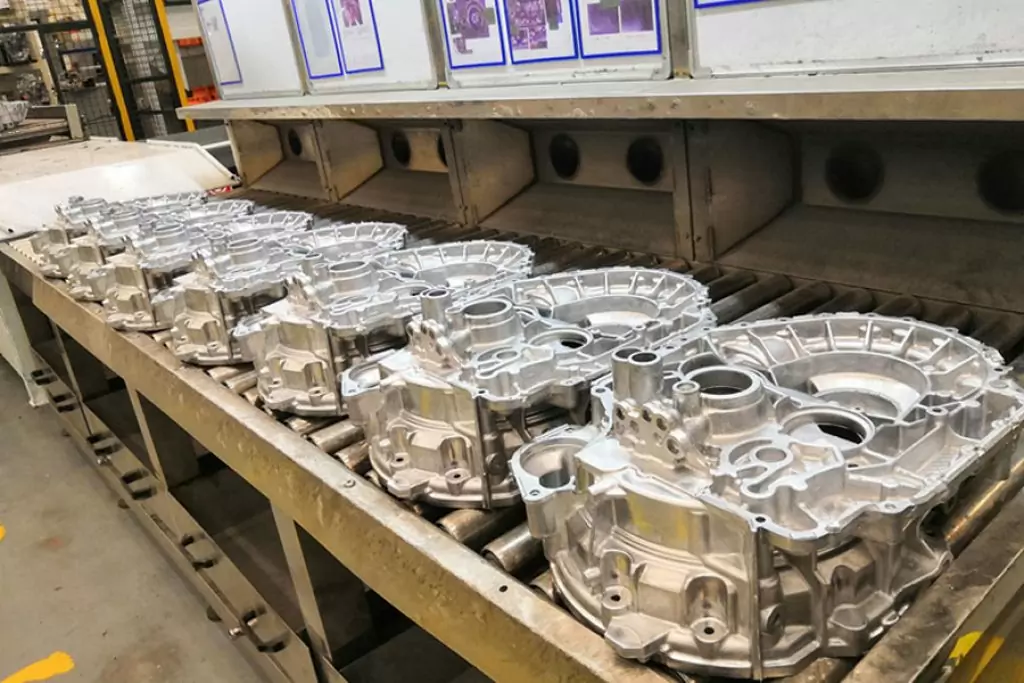
If you are looking for dependable volume manufacturing metal parts supplier with High pressure die casting service who offers you competitive price, good service and quality for aluminium die casting, zinc, or magnesium die casting, then BE-CU Prototype are surely a partner you are looking for to fulfill all your die casting needs. With quality service and state of art technology, BE-CU indeed claim in providing quality pressure die casting including aluminum/zamak/magnesium alloy castings to our customers all over the world.
To work with us,be-cu don’t just stop at taking your order and delivering your die casting products. be-cu are there for you at every step right from your preferred selection of aluminum die casting, Zamak die casting (Zamak 2, Zamak 3, Zamak 5, Zamak 8) or magnesium die casting products and services to post-order phase. In brief, once you become our customer, be-cu are with you every step on the way.
-
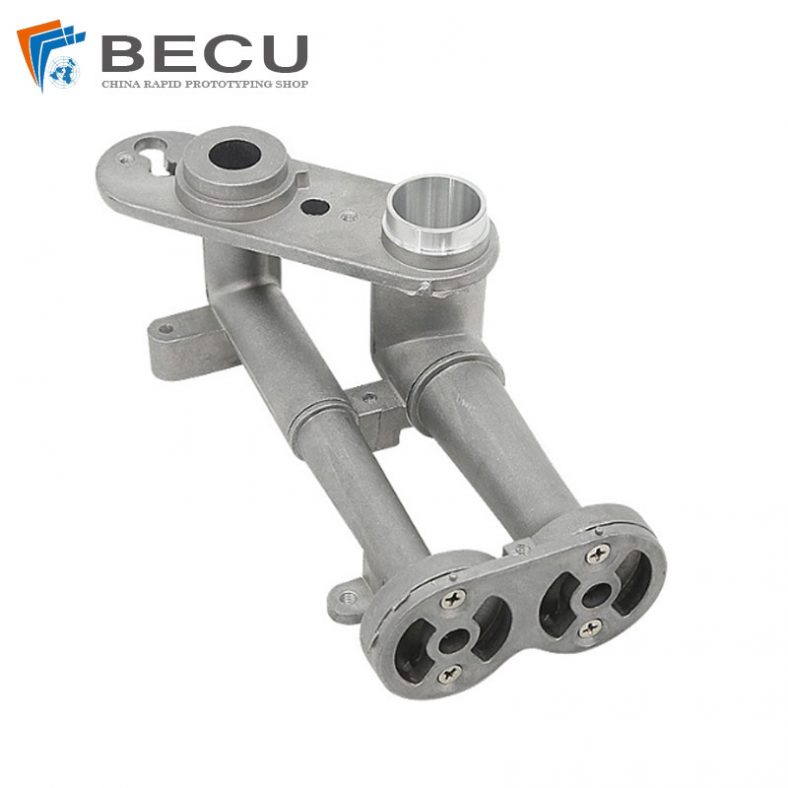
CNC Machining Gas Stove Bottom Joint
-
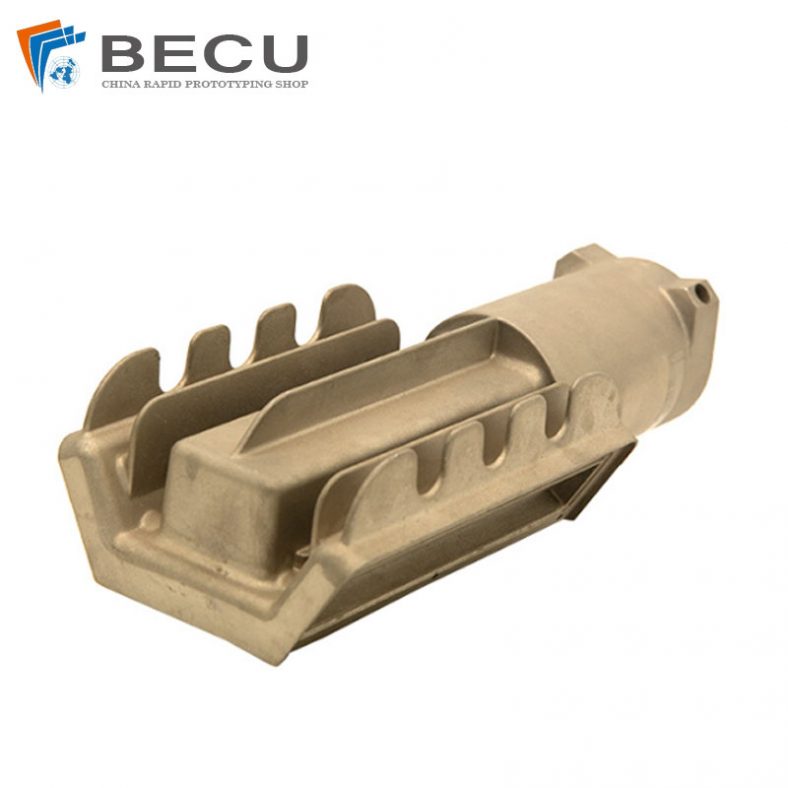
Gravity Die Casting Custom Street Light Heat Sink
-
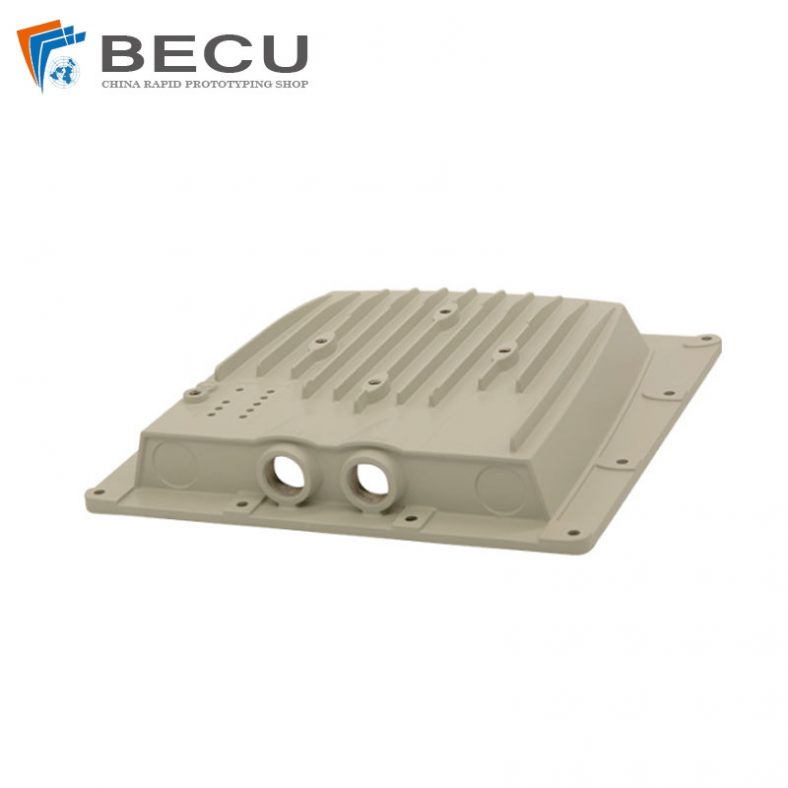
Die Casting LED Canopy Lights Heatsink For Gas Station
-
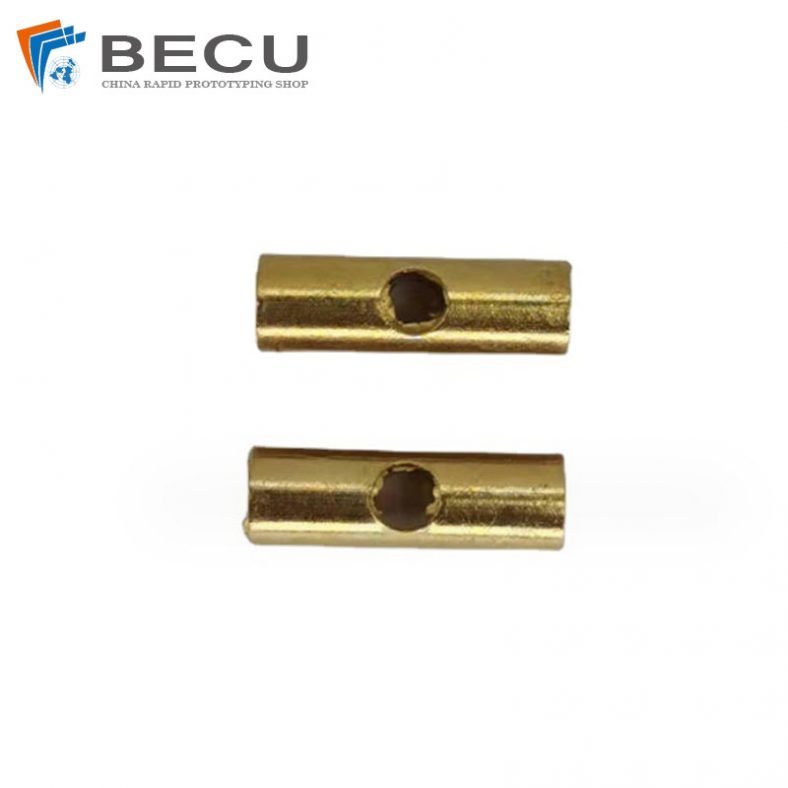
Zinc Die Casting PA10 Transformer Connector Terminal
-
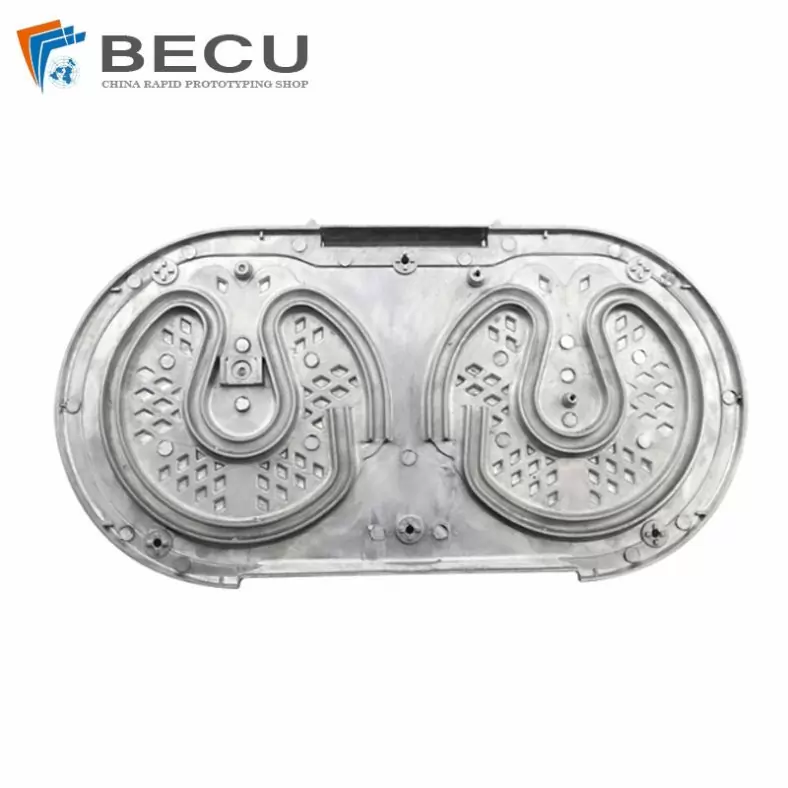
Die Casting Aluminium Cookware Chassis
-
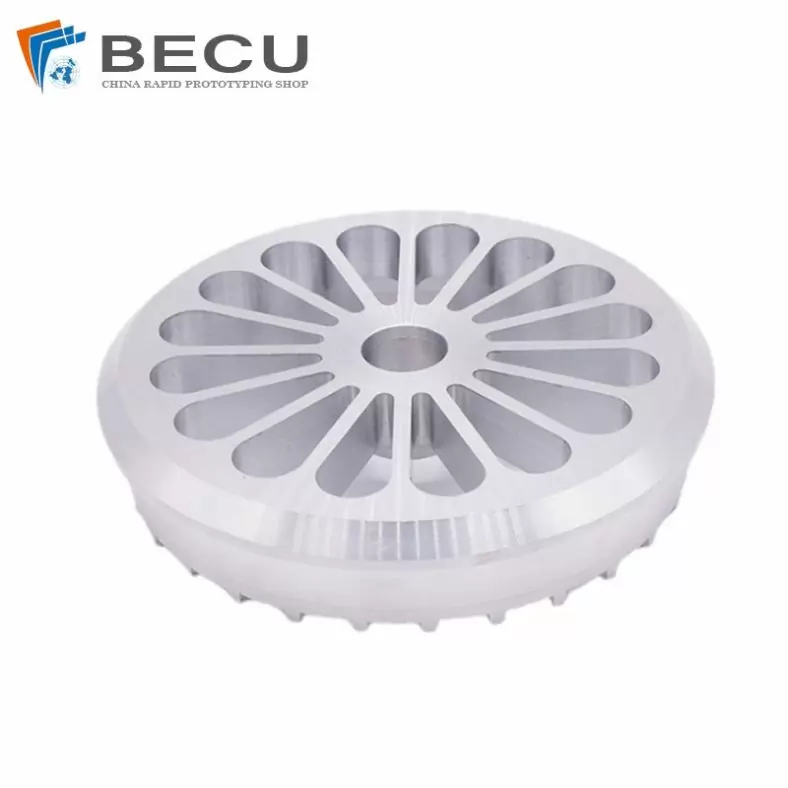
Die Casting Wheels With Aluminum Alloy 5 Axis CNC Machining
-
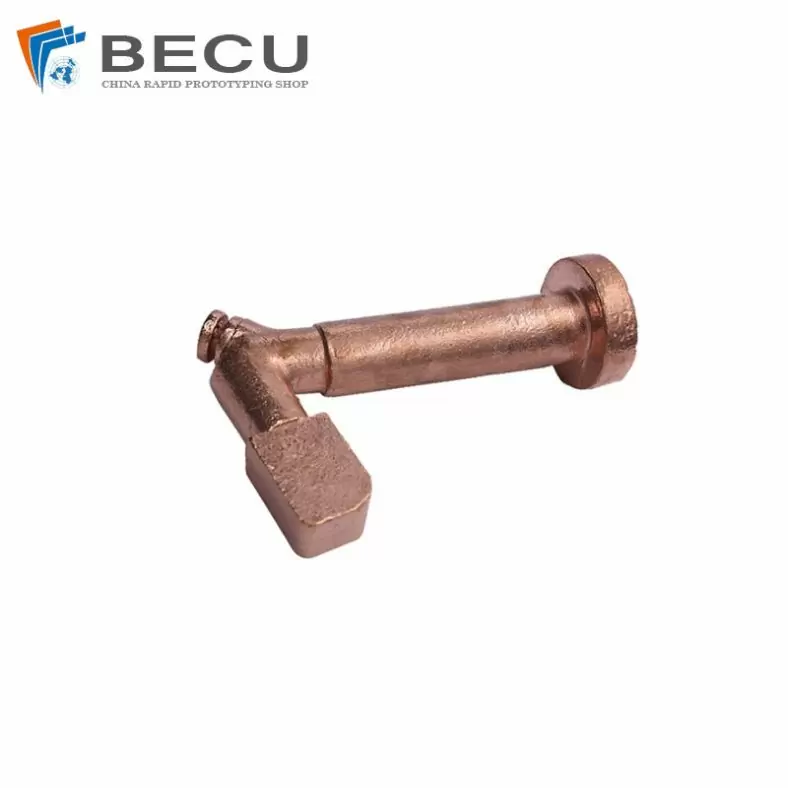
Precision Machined Copper Die Casting Parts
-
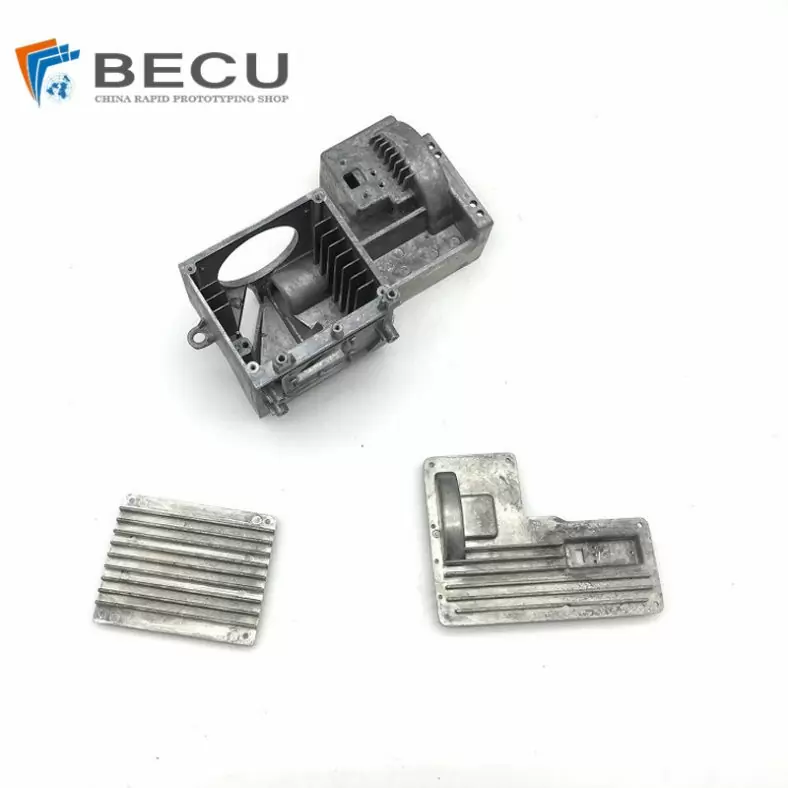
Professional Small Baler Aluminum Alloy Die-casting Mold Production
-
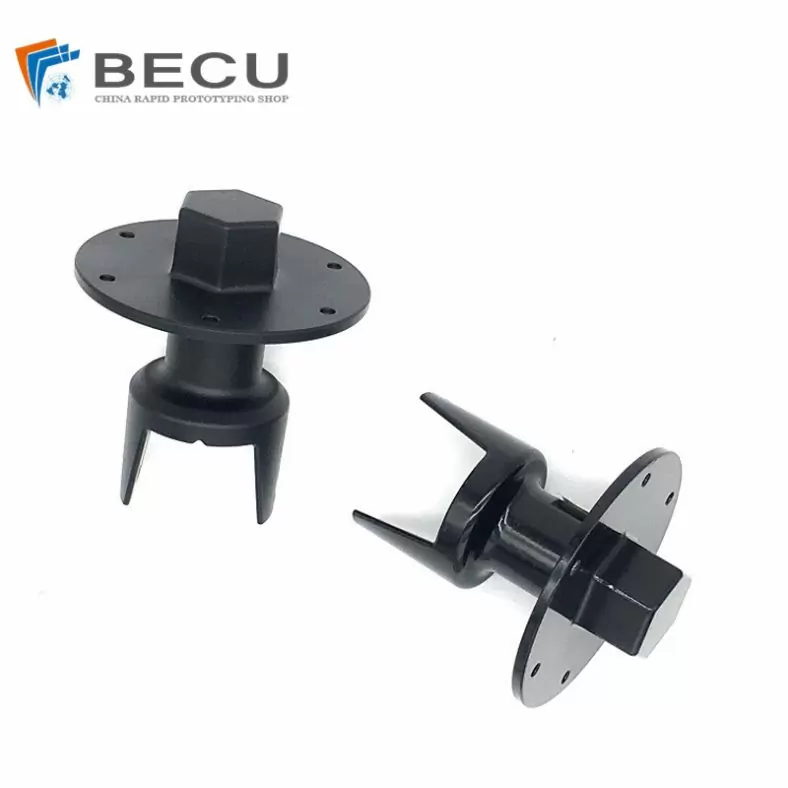
China Die Casting Factory Manufactures Surface Sprayed Aluminum Valve Body
-
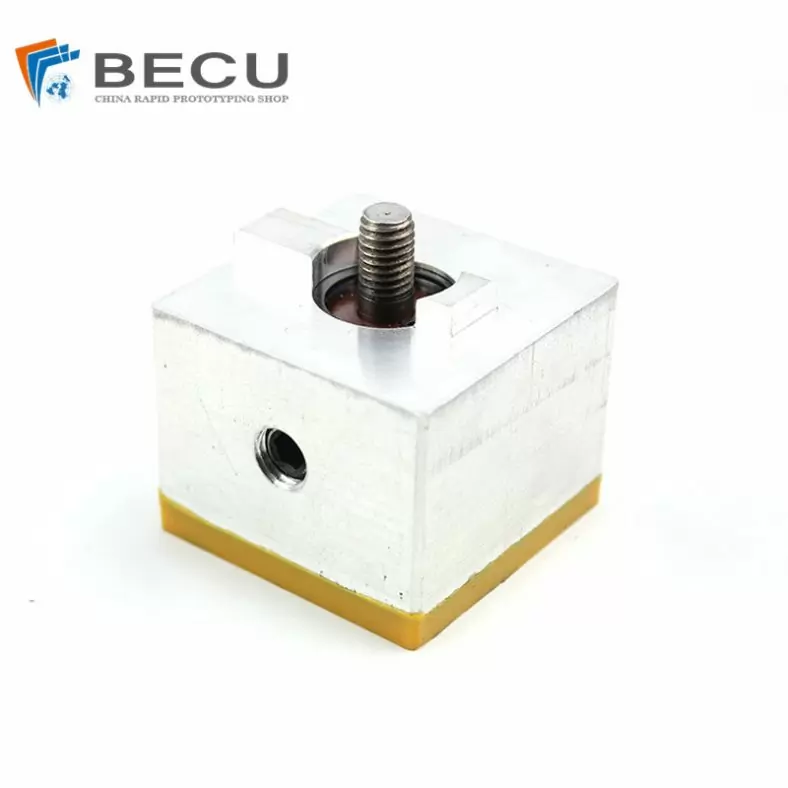
Extrusion Die-casting Polyurethane-Coated Aluminum Alloy Profiles
-
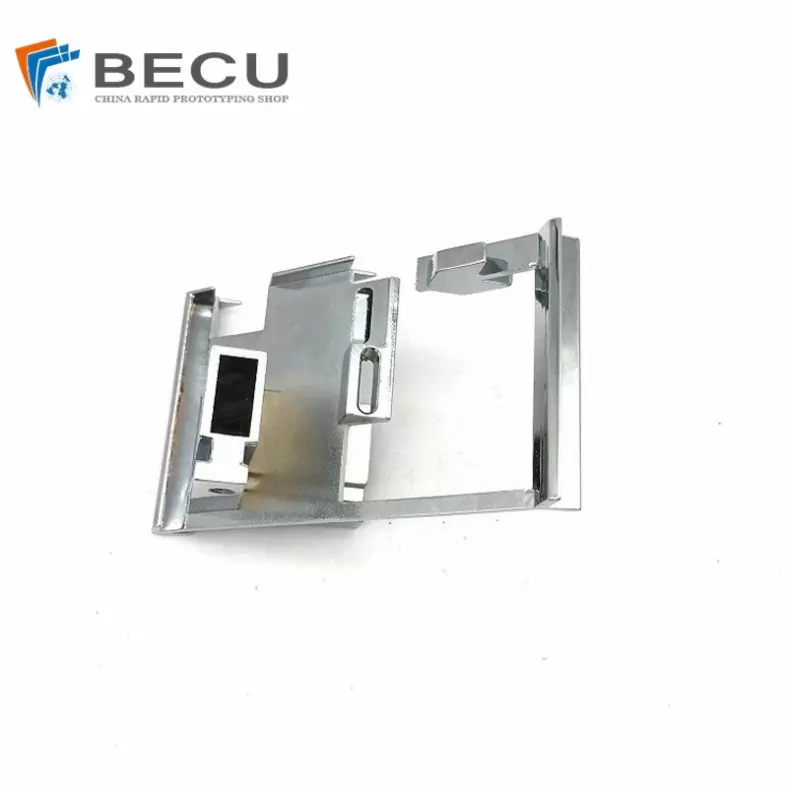
Custom Precision Aluminum Die Cast Brackets and Finishes
-
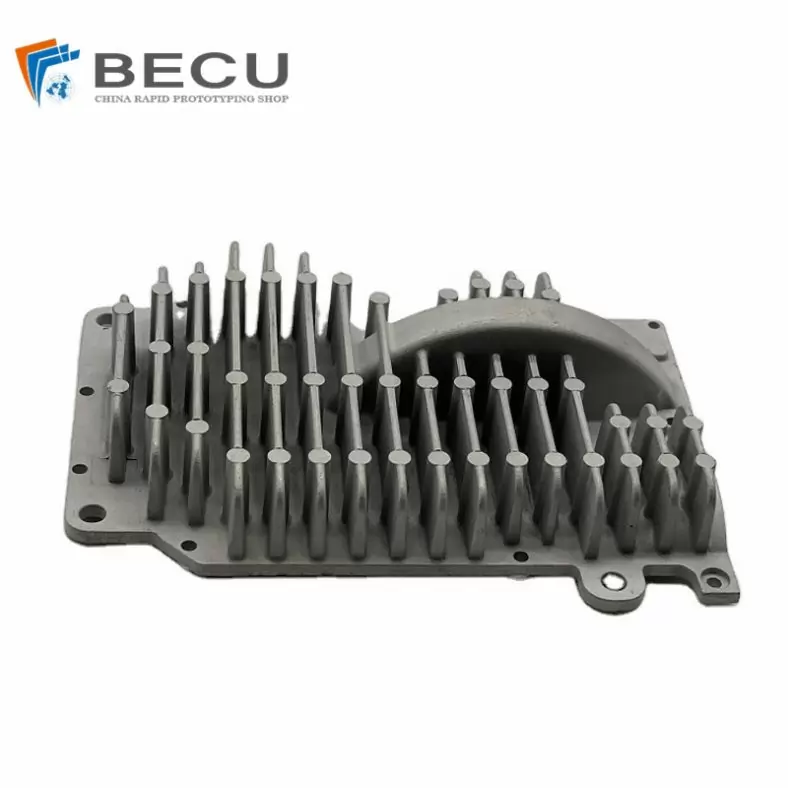
Extrusion Die-casting Magnesium Alloy Heat Sink Shell
